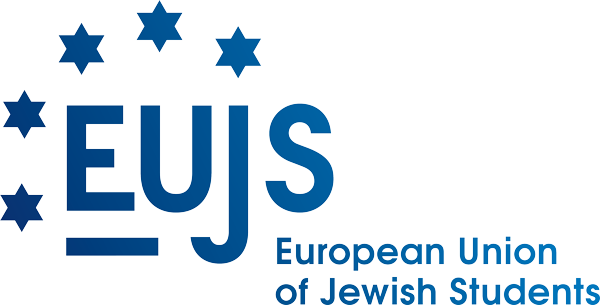General Assembly – August 30, 2018 / Amended and re-adopted: August 16, 2023
Preamble
In recent years, Europe has witnessed a concerning and multifaceted rise of the far right, presenting complex challenges to the region’s social fabric, democratic values, and cohesion. Using many arguments centered on migration, identity politics, and a perceived erosion of national sovereignty, far-right movements have gained traction across numerous European countries. These groups espouse ideologies that often promote nationalism, xenophobia, and discriminatory attitudes, posing a direct threat to minority communities, including the Jewish population, as well as democratic institutions and the principles of pluralism and tolerance. As the far-right’s influence continues to grow, it becomes imperative for European societies and institutions to come together, recognize the risks posed by such ideologies, and work collectively to foster inclusivity, understanding, and social cohesion, thereby upholding the values of a diverse and united Europe
The European Union of Jewish Students believes:
- The Jewish community, prompted by its history, has a responsibility to oppose the far-right. There is a significant correlation between the far-right and antisemitism. Therefore, the fight against antisemitism involves the fight against the far-right.
- The far-right is a dangerous political movement for our democracies as its ideas go against the Universal Declaration of Human Rights. The far right is a vector of hatred that can manifest itself in different forms:
- Cultural biases: negative stereotypes, false or misleading representations, insults, “normalized” or banalized hostile language, etc.
- Discrimination: in social relations, civil rights, at work, at school, in housing, etc.
- Hate speech: Threats and/or incitements to denigration and violence against an individual or group of individuals chosen because of a characteristic, such as their sexual orientation, ethnicity, skin colour, religion, or for other reasons.
- Hate crime: Acts of physical violence, up to and including homicide, perpetrated against individuals because of a characteristic, such as their sexual orientation, ethnicity, skin colour, religion, or for other reasons
This propagation of hatred is intolerable, indefensible and can, in the mostextreme cases, lead to genocide.
- Engaging with far-right parties and movements lends credibility and a wider audience to said parties and movements.
- The groups targeted by the far-right vary between time periods and from country to country and Jewish students have a responsibility to oppose all forms of far-right politics.
- The delineation of far-right groups should be made through consultation with a wide range of actors: the affiliated member union, the local Jewish community, and relevant political and civil society actors on the national and international level.
3.1. Even if the far-right is not a cohesive group, some pointers can help pinpoint ideologies that fit under that umbrella:
- The rejection of democracy in favor of an authoritarian or even totalitarian regime.
- The hierarchization of society that is based on the idea that individuals are naturally dissimilar and that certain “supposed” races, ethnic groups, or cultures are superior to others.
- An exacerbated nationalism that severely limits the recognition of rights for foreigners to the nation.
The European Union of Jewish Students resolves:
- Not engage in dialogue with far-right parties and movements and their affiliates and allies.
- Take decisions regarding combating the far-right in consultation with the local member organization.
- Oppose far-right parties, movements, discourses, and policies actively.
3.1. Work collaboratively with other parties and marginalized communities affected by the ideas of the far-right. By building strong alliances, they can unite against hate and discrimination and amplify their collective voices in promoting tolerance, respect, and inclusivity.
3.2. Increasing educational initiatives to raise awareness about the dangers of far-right ideologies, their historical roots, and their impact on Jewish communities and society at large. This includes organizing workshops, seminars, and awareness campaigns to foster a better understanding of the far-right’s strategies.
3.3. Actively engage with media outlets to ensure accurate and fair representation of Jewish communities and counter any stereotypes or misinformation perpetuated by far-right ideologies.






















